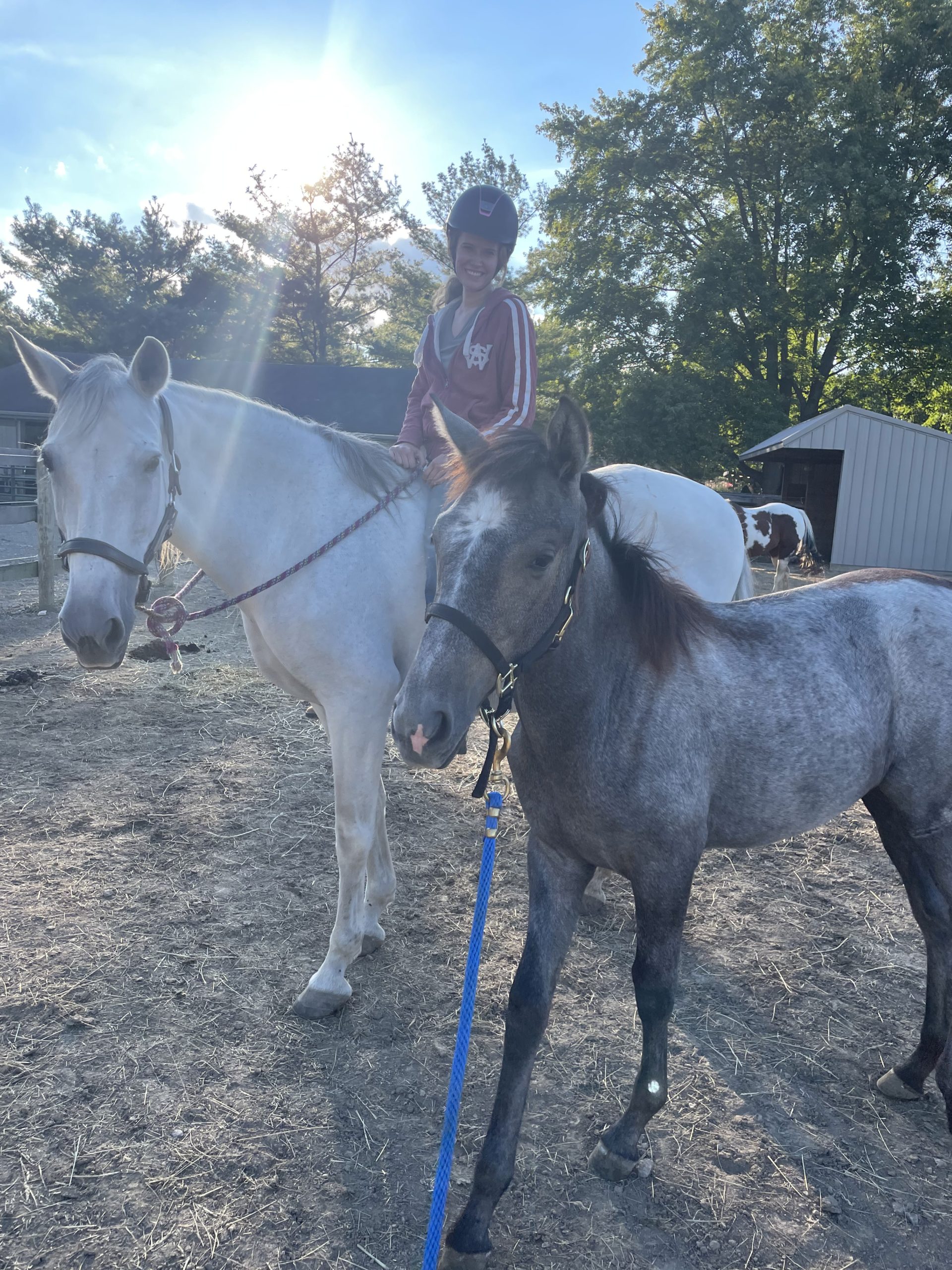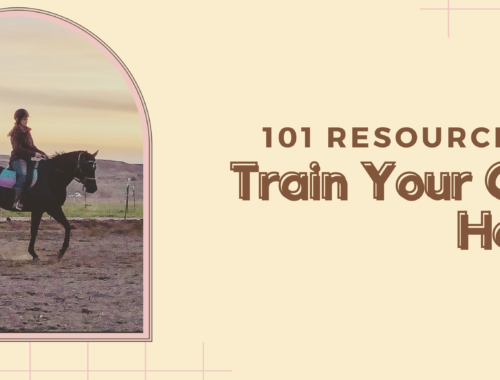French Words Every Dressage Rider Should Know
If you are passionate about dressage, particularly what most people refer to as “classical” or “academic” dressage you’ve probably noticed a trend in the language used. Due to the influence of the old masters and the heavily Euro centric origins dressage has, a large percentage of the words we use to describe movements and qualities are French in origin. In fact the word “dressage” is a loan word from French, simply meaning to train an animal. So in theory you could do dressage with your dog, your parakeet, your goldfish… you get the point.
So with that in mind I thought it would be useful to put together a list of some of the common (and not so common!) words that you will often see used in classical dressage. For reference I have been studying French for the past decade, lived in France for several years, and have an undergraduate degree in French literature. So that’s where my sources are coming from!
Action réaction – Action Reaction (/ˈakSH(ə)n/ /rēˈakSH(ə)n/). Pretty straightforward, and something that you’ll hear French people say even outside of horse training. Simply the idea that X always equals Y. So if you lift your head, I will follow with my hands, etc. A theory to help regulate training so it is always clear and straightforward for the horse.
Cession de mouchoir – Release of the jaw (/ˈseSHən/Dēː muʃwaʀ). The mouchoir is the jaw, you’ll hear this discussed when we talk about flexions and relaxation as it relates to the TMJ.
Descent de (main, jambe, main & jambe) – Lowering of the hand, leg, hand & leg (desɑ̃t Dēː mɛ̃ or ʒɑ̃b) . Main = hand, jambe = leg. By lowering we mean the relaxation of the specified aid, while the horse still maintains the balance he was previously holding. It is used to help the horse stay light and responsive to the aides, as well as to isolate the individual use of each aid.
Écuyer (male) and Écuyère (female) – Horseman (ekɥije and ekɥijɛʀ). A word used to describe he who is truly well versed in all aspects of horse care and riding. Think of the difference between a “rider” and a “horseman”.
Fléchi Droite- Turning with straightness, or “bent straight”(fleʃiʀ dʀwat). A fléchi is a bowed or bent form, so this is achieved when the horse stays on his original track (usually in a straight line) while bent laterally through the neck. We use this to help supple the horses neck (the outside neck muscles will stretch, so it should be repeated on both sides), as well as teach them to separate the movement from the bend. This can be done from the ground or under saddle.
Haute École – Literally “high school”(/ˌōt eˈkôl/) but the broad term used to describe the movements traditionally associated with an extremely advanced level of riding, such as the levade, passage, piaffe, etc.
Ramener – Literally means to take back, in this case refers to the act of bringing the horse “onto” the vertical (/ʀaməne/). Putting a horse into the position of “ramener” is most closely linked to the FEI’s definition of being “on the vertical”.
Rassembler – Literally to gather (ʀasɑ̃ble) The collection of the horse using the hind to create lightness in the front. This can most closely be compared to our understanding of collection, although in the classical world this is achieved by lifting the back, engaging the haunches, and allowing the neck to lift from the base. It is important to note that rassembler can be achieved before ramener.
Travail sur Deux Pistes – Work on two tracks (ˈtraˌvāl syʀ dø piːst) If you are a fan of de la Guérinière you’ve probably come across this term. This term is the precursor for lateral work. “Piste” or track refers to the position of the horse’s feet in relation to the direction of movement. So if the horse is in the shoulder in position the inside front leg will be on a different track than the rest of the legs.
There you go! Those are a few of the terms that I often see coming up when discussing classical dressage, particularly for students of the École de Légèreté. If there any other words or terms you have questions about please leave a comment or send me a message!
You May Also Like

Self Sabotage- The Equestrian Version
September 15, 2022